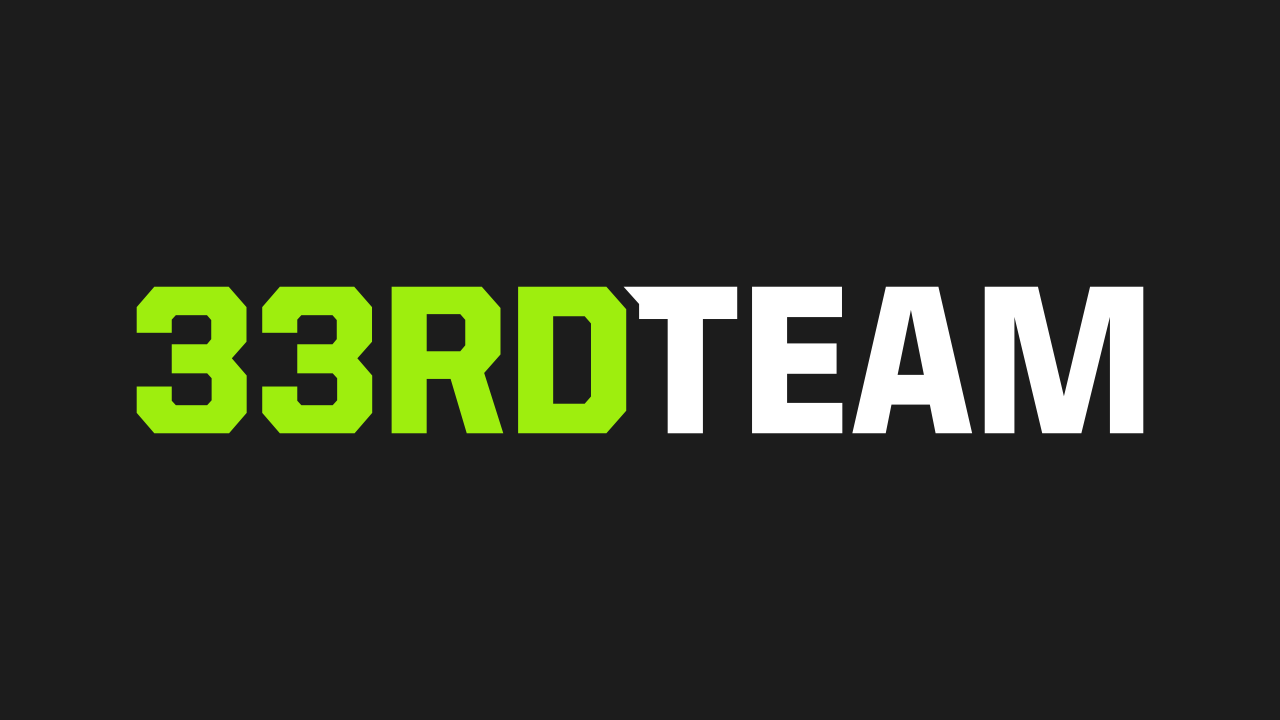News
7/19/23
6 min read
Shane Steichen in His Own Words: Developing Young Quarterbacks
This is Part 1 of a two-part Q&A with new Indianapolis Colts head coach Shane Steichen, who sat down with The 33rd Team to talk about his approach to the quarterback position and his journey to becoming a head coach.
Part 1 focuses on his approach to the quarterback position, how he handles teaching young quarterbacks (the Colts drafted Anthony Richardson No. 4 overall this year) and how playmakers change the offense's strengths.
Steichen’s QB Philosophy
Q: You’ve coached one of the league’s most mobile quarterbacks in Jalen Hurts and one of the league's most pocket-oriented quarterbacks in Philip Rivers. In what specific ways does having a mobile quarterback make a coach’s life easier, and in what ways does having a steady pocket quarterback make a coach’s life easier?
A: I think having a mobile quarterback puts a lot of stress on defenses. You’ve got to account for the quarterback and the run game, as well as the pass game. But a guy who can move around in the pocket and create big plays outside the pocket, like I said, puts stress on the defense. So when things break down, and maybe you don’t have a perfect play called, those guys make big plays off schedule, which helps make your life easier as a football coach.
Then the guy who plays within the pocket. I would say some really great ones do it. When you’ve got to have it third down situation, big play in the game or even a fourth down, you’re going for it to be able to stand in there with those defenders barreling down on you and make those big plays. It’s exciting to see those types of throws.
Q: With Rivers, you did some really good pre-snap window-dressing to get man-zone tells from the defense. What are the challenges of doing that with a young quarterback?
A: I think repetition is a part of it. You’ve got to walk through it. You’ve got to talk through it in the classroom. Go walk through it. Then obviously, game situations in practice with the play clock running down. You got to get great looks from the defense. And the defenses nowadays are doing a heck of a job with that stuff by disguising things. So as coaches, we’ve got to do our best on a weekly basis to help our guys with those things.
Q: One thing your teams do are deep-intermediate route combinations – things such as dagger concepts. You have big-bodied receivers in Indianapolis. What will you have to see from your rookie quarterback in training camp to feel comfortable diving into that part of your playbook?
A: I think it’s just being consistent on a daily basis, finding completions whether we have a shot called in or just taking what the defense gives you, and if it’s there, creating those explosive plays. But you can also create explosive plays by checking it down to your running backs. Everyone thinks you create those and you get 5 or 6 yards.
Sometimes you make one guy miss, and you get a 15-yard gain, which would be the same if you’re throwing a big in or an 18- to 20-yard in-cut there. So just consistency from all those guys is what I’m looking for and just seeing the whole picture, too. And processing the information we give them and making good decisions.
Q: Richardson completed 53.8 percent of his passes last year at Florida. It used to be that low accuracy in college practically ensured low accuracy in the NFL, though Josh Allen (56 percent completion rate at Wyoming) has recently bucked this trend. What gives you confidence that Richardson’s completion rate can go the way of Allen’s?
A: I think the biggest thing for young quarterbacks is not to clutter their minds with so much information. Let them process fast. Let them play fast. I think when you can have a young quarterback play fast and not think about too many different things, that will help their completion percentage and give them easy completions.
That’s the biggest thing. Does it take time to develop that? Yeah, absolutely. The game’s ever-changing. The NFL is obviously a fast-paced game for any young quarterback. But when you come in, the biggest thing is just understanding what we’re trying to do with the concepts and what we’re trying to accomplish on every single play. That way their talents will take over, and they can play fast.
Q: Is there really a dynamic change between Year 1 and Year 2 for a quarterback?
A: Part of that is knowing the system. I think once you can really master the system you don’t have to think as much as a young quarterback. You look at some of these guys who have played in the league for a long time and have been in the same system year in and year out. Part of it is, “Hey, I know what we’re doing offensively, what’s going on with the defensive side of the ball.”
A big part of it is the lingo, the terminology being in the same system a year in and year out, and then obviously just the repetitions. The more you read, the more you see and the more I think you’ll continue to play and develop as a player and as a passer.
Q: How much of an impact can big-bodied receivers have on the offense?
A: I mean, they definitely help. Speed obviously helps when you can take a top off and just run by a guy. But those 50/50 balls when you’ve got to go and get them. Being around a guy like I was with Mike Williams in L.A. you could just kind of throw him up those 50/50 balls, and he usually comes down with it. Then, you got A.J. [Brown] and DeVonta [Smith] in Philly. Now you’ve got Alec Pierce and Michael Pittman here with bigger bodies who we’re excited to work with.
Q: What are specific advantages that a dynamic, on-the-move blocker like Quenton Nelson and Jason Kelce can create for an offense?
A: I was very fortunate to be around Jason Kelce for two years. He’s one of the smartest players I’ve been around, especially up front. And he played with so much passion and energy on a daily basis. What made him special was the way he attacked each week. He was so locked in on the game plan and what his opponent was doing. Then to have his ability to get out based on some of the things that we did in Philly, it was special to see.
I’m excited to work with Nelson. He’s just a huge, powerful man who can take defenders downfield. The first time I’ll get to see him in pads live will be in training camp. But to see his mentality in the spring, being around him and how he goes about his business is very similar to [Kelce’s] approach to the game.







